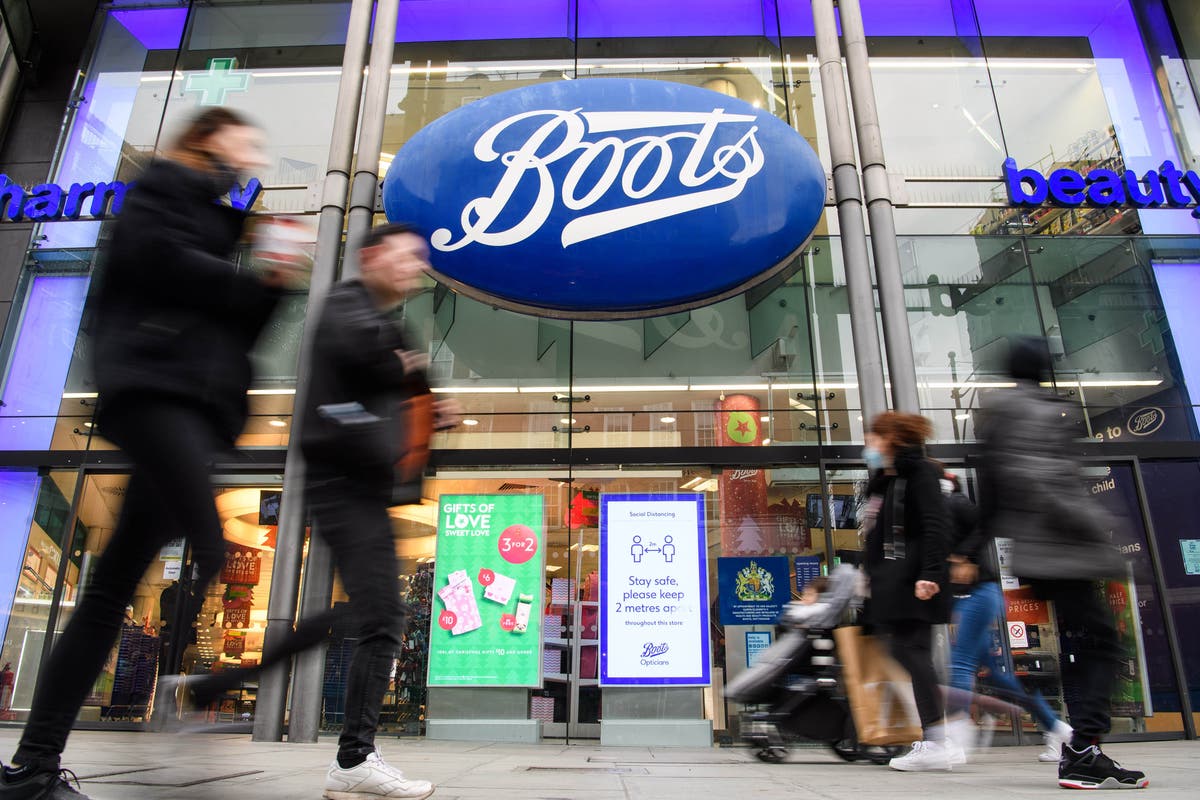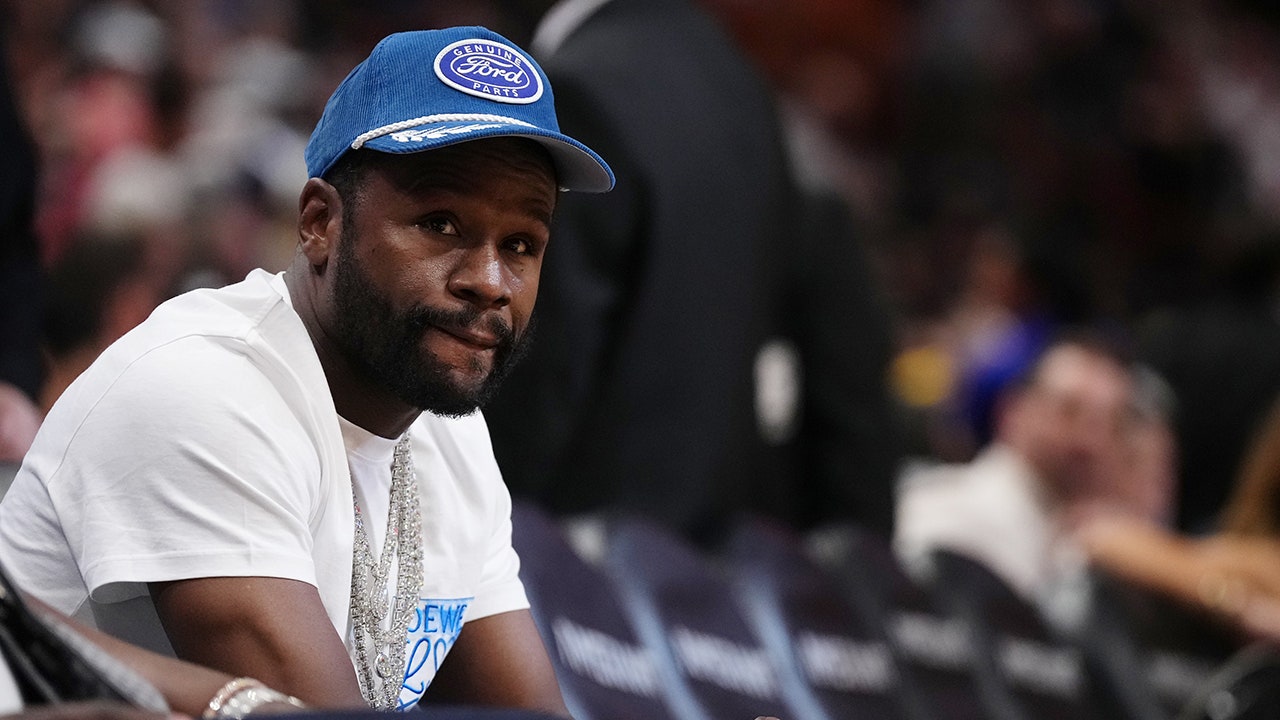The Cigna Group headquarters in Bloomfield, Connecticut, US, on Friday, Oct. 27, 2023.
BlooJoe Buglewicz | Bloomberg | Getty Images
U.S. health insurer Cigna has ended its attempt to negotiate an acquisition of rival Humana after the pair failed to agree on price, two sources familiar with the situation said on Sunday, as the company announced plans to buy back $10 billion worth of shares.
A Cigna-Humana combination would have created a company with a value exceeding $140 billion, based on their market values, but was certain to attract fierce antitrust scrutiny. The discussions came six years after regulators blocked mega-deals that would have consolidated the U.S. health insurance sector.
The deal talks ended due to the parties not being able to agree on price, two sources familiar with the situation said. There remains the possibility of a tie-up in the future, those sources said.
Cigna, however, on Sunday announced plans to do an additional $10 billion in share repurchases, bringing total repurchases to $11.3 billion.
“We believe Cigna’s shares are significantly undervalued and repurchases represent a value-enhancing deployment of capital as we work to support high-quality care, improved affordability, and better health outcomes,” Cigna Chairman and Chief Executive Officer David Cordani said in a statement.
Cordani said the company would consider bolt-on acquisitions aligned with its strategy as well as “value-enhancing divestitures.”
Cigna is still exploring the sale of its Medicare Advantage business, which manages government health insurance for people aged 65 and older, the sources said. That move would mark a reversal of its expansion in the sector.
Both companies did not immediately respond to a Reuters request for comment on the deal talks, which was earlier reported by The Wall Street Journal.
Consolidation challenges
A merger would have given the combined company more scale to rival bigger U.S. health insurance players United Health and CVS Health.
Cigna and Humana, which have market values of $77 billion and $59 billion, respectively, currently have business overlap, concentrated in Medicare plans for older Americans.
Humana’s Medicare business is much bigger and more profitable than Cigna’s. Reuters reported in November that Cigna was exploring the sale of its Medicare Advantage operations, whose performance has disappointed investors. This divestment could boost the chances of a combination with Humana surviving antitrust challenges, regulatory lawyers said.
However, there have been antitrust concerns around the sector. After U.S. courts upheld antitrust challenges in 2017, Anthem — now known as Elevance Health — gave up on a $48 billion deal to acquire Cigna. Losing the legal battle also caused Aetna — now owned by pharmacy chain operator CVS Health CVS.N — to abandon a $37 billion deal to acquire Humana.
Craig Garthwaite, a health-care economist at Northwestern University, said in November when news of the deal talks broke that he expected antitrust authorities to challenge the merger, but that a sale of Cigna’s Medicare Advantage business would improve the deal’s prospects.
CORRECTION: This article has been updated to show that it was Elevance trying to buy Cigna, not the other way around, in 2017.














































